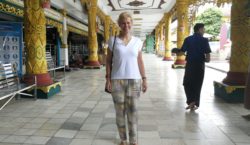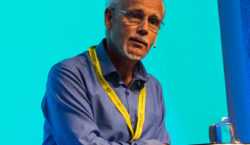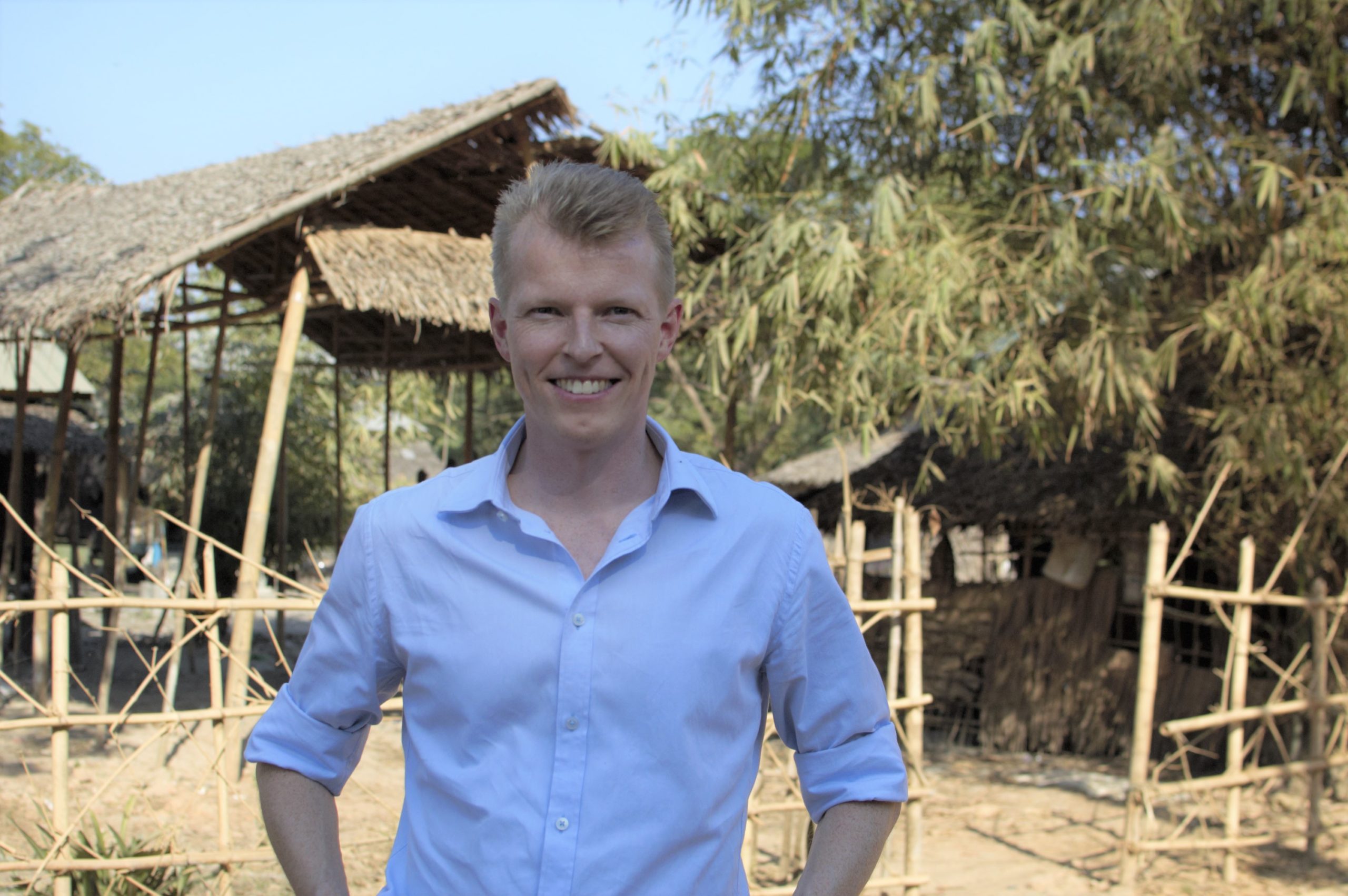
“I felt I came too late,” Martin Hamann says about his arrival in Myanmar in 2014. He felt that it was too late to experience the real, unspoiled Myanmar.
“I guess I had a fear of missing out and major transitions had already taken place by the time I arrived. People said expats were rolling in.”
But now, he feels like he hasn’t missed it at all. A lot has changed from the time he arrived.
“There weren’t even 10 bars expats would go to (when I arrived), so I always met people I knew. There was barely any traffic or mobile phones and internet was something you had at work. Now, it’s easy to get Western food, clothes, go to the dentist. Getting these things used to be an adventure,” Martin says.
In need of change
Martin had been with the Norwegian telecommunications company Telenor for over five years in 2014 when he thought it was time for a change in environment. The new environment became Myanmar.
Actually, Martin was supposed to go to Bulgaria, but that plan went up in air, and Myanmar became the new destination.
“It was just my luck that I went to Myanmar,” Martin says.
“I was looking for a personal adventure.”
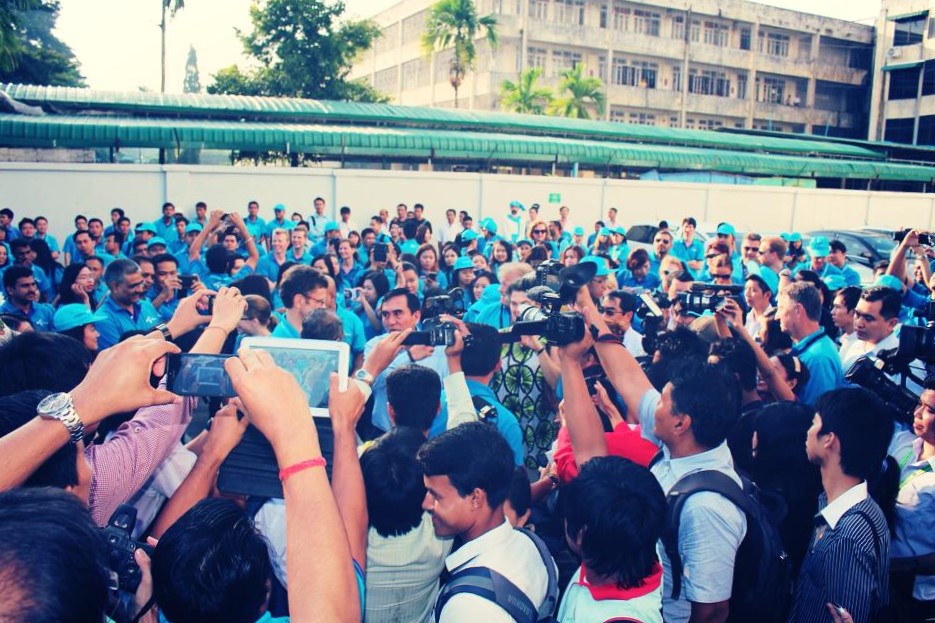
When the now 41-year-old landed, he learned that he was the new senior expert and he had three employees on his team.
“I broke the glass ceiling from employee to manager,” he says.
That also meant, that he was quite busy in the beginning and didn’t experience much of Myanmar outside of work. He would get up at 5 am to be at his Telenor office from 7 am to 11 pm most days. After five months he still hadn’t seen much besides the inside of the office and one visit to the famous Shwedagon Pagoda.
“I was here to work. Now I enjoy living here. Myanmar has grown on me.”
A new chapter
Half a year before Telenor launched in Myanmar was when Martin arrived. Back when a sim card would cost half a fortune, making it a luxury reserved for officials and business use mainly.
With Telenor (dtac’s sister company in Myanmar) on the market along with other players, prices dropped and today it will cost you about 1 USD to acquire a sim card.
It was a quick change from being unobtainable to a common household item and already on the day of launching, Telenor sold over 500,000 sim cards.
Martin worked with the company for almost one year, before he changed his field of work.
At a yoga retreat in Chiang Mai in Northern Thailand, he received a phone call from Brighterlite, a new company that sold solar power systems to households in rural areas. The company helped turn on the lights in the darker parts of the country through small monthly instalments.
“Those solar home systems should still be working today,” Martin says.
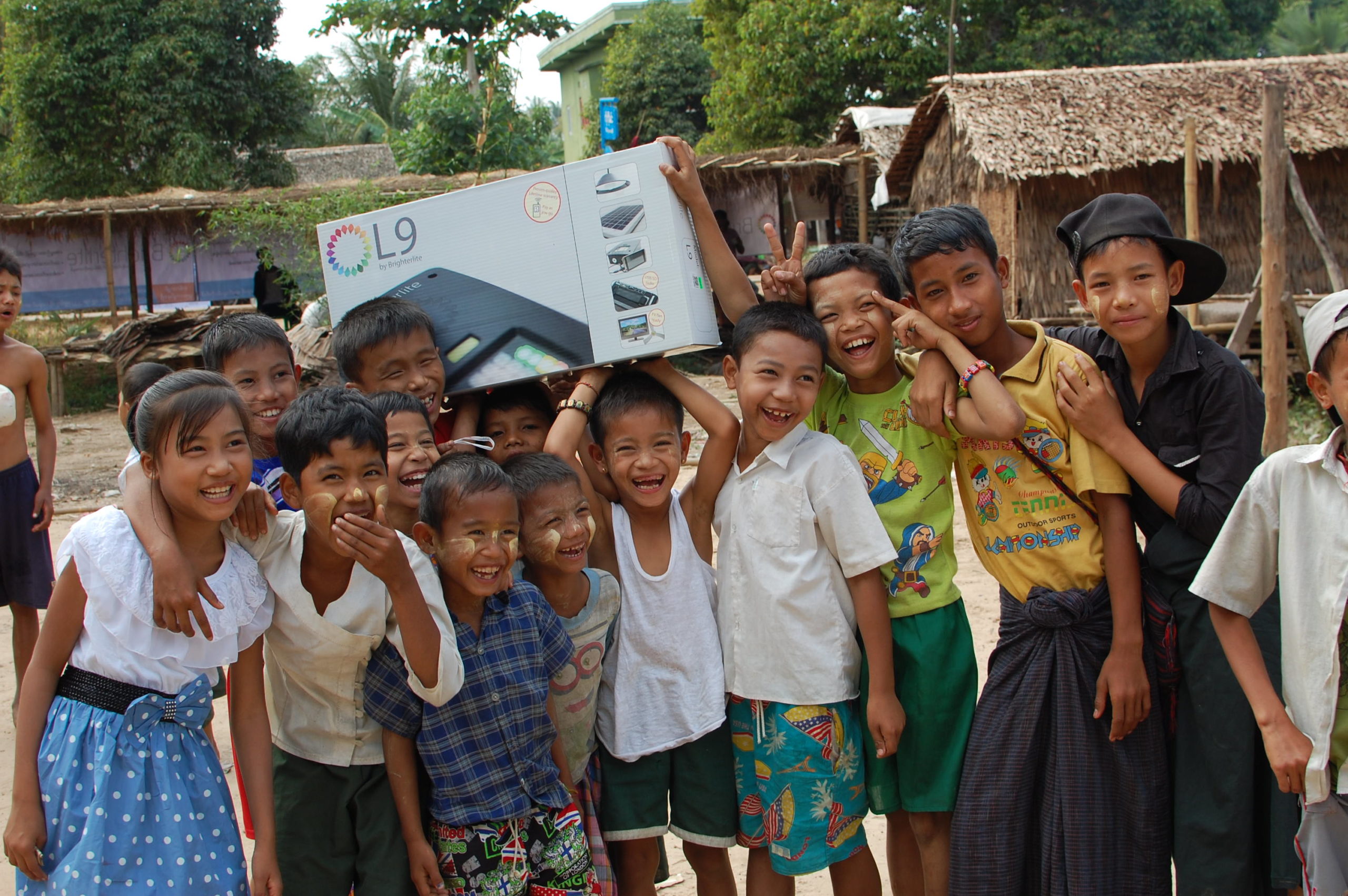
He headed the company for two years, until Brighterlite gave up growing to profitable business and wrapped up the company. Now, he’s a consultant, still working in the rural solar industry. Furthermore he’s a mentor for start-ups.
Loss of face
Despite deciding to stay for several years, working in Myanmar has not always been a smooth ride for the expat. The culture both at and outside of work in Myanmar is quite different to that, Martin is used to from Denmark.
“Here, it’s all about not losing face. If I’m having a meeting with two people, and I correct one of them, he will lose face because the other guy is there to see him get corrected. But the other guy will also lose face, because he sees the first guy lose face. Then everybody loses face,” Martin says in a struggle to explain the principle.
“So, I can’t correct someone in front of other people. I have to pull them aside after a meeting and tell them,” he continues.
“At first, this was strange to me, as I was used to a more open and direct approach from home. I now understand that it’s done in this way because the Myanmar culture so highly values respect for others, which is actually a nice thing.”
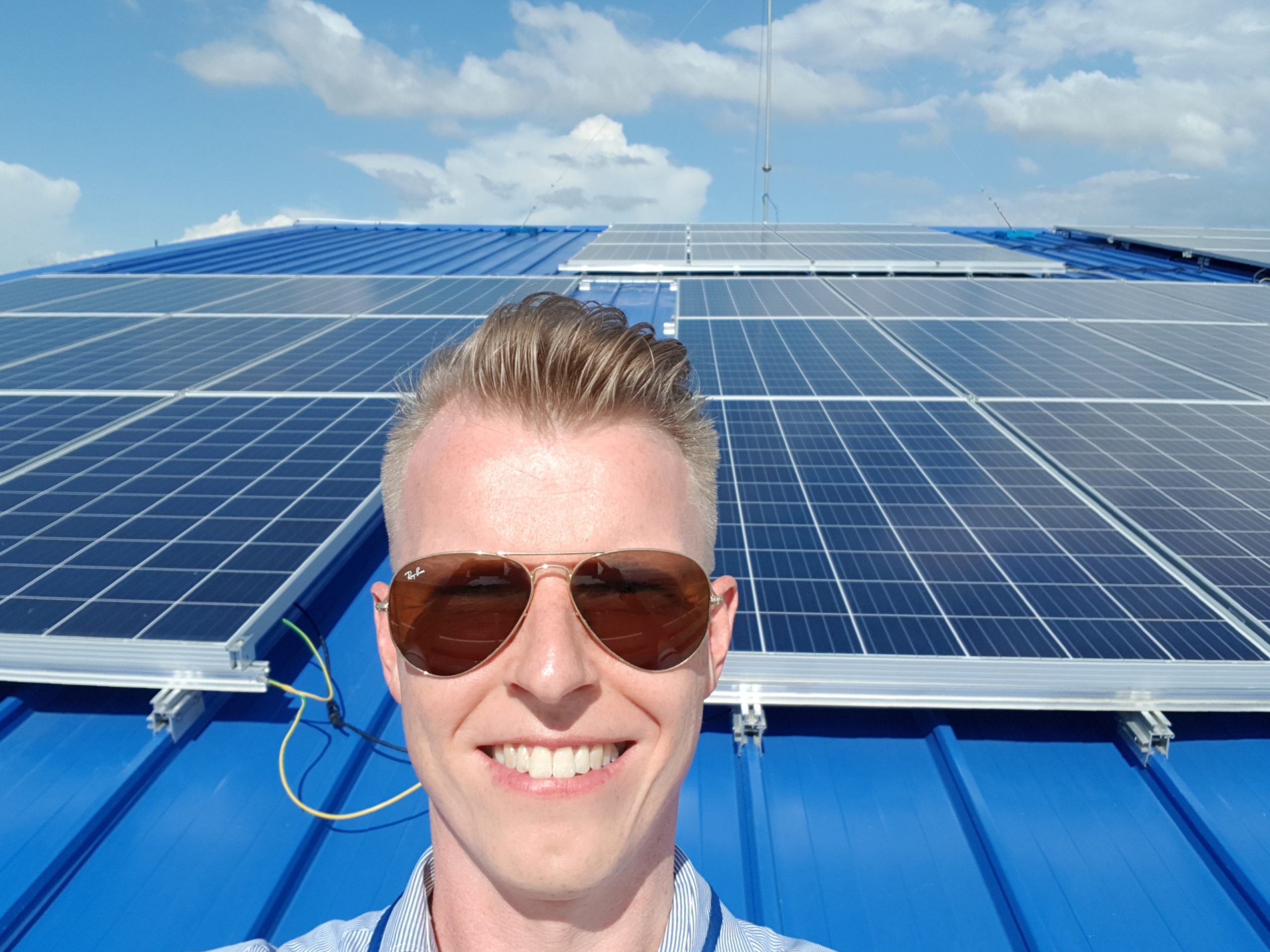
Furthermore, it’s important not to let people of higher hierarchical status lose face. Another tricky riddle, Martin has had to solve.
When he was a manager, he couldn’t ask a member of staff for their honest opinion on something he had done. It would be rude for them to say that he could have done something better or different, as he was their boss.
Coming from a Danish culture where direct and open feedback is much more common, this can be a challenge.
“I can’t be certain that I get an honest answer. You have to learn how to ask the questions in the right way to get the right answers,” Martin says.
“Once you do that, and ask without anyone being blamed or risking loosing face, you’ll find that your Myanmar colleagues are just as creative and smart as you – they just didn’t want to make you look bad, and that’s a sign of respect for the hierarchy.”
Not the pizza lady
Martin wasn’t prepared for the work culture from the beginning. He therefore remembers a few unfortunate episodes at Brigtherlite where he found himself making mistakes.
Once, he asked a secretary to order pizza for an office party. He asked her during a regular weekly meeting.
“She ordered the pizza, but then she quit. I found out, that it was degrading for her to order pizza, because it wasn’t her job to do so. Because I had asked her at the meeting she had lost face in front of everyone present,” he explains.
In Myanmar, work roles are very categorised and if something isn’t part of someone’s job description they will not do it. It’s part of the hierarchy.
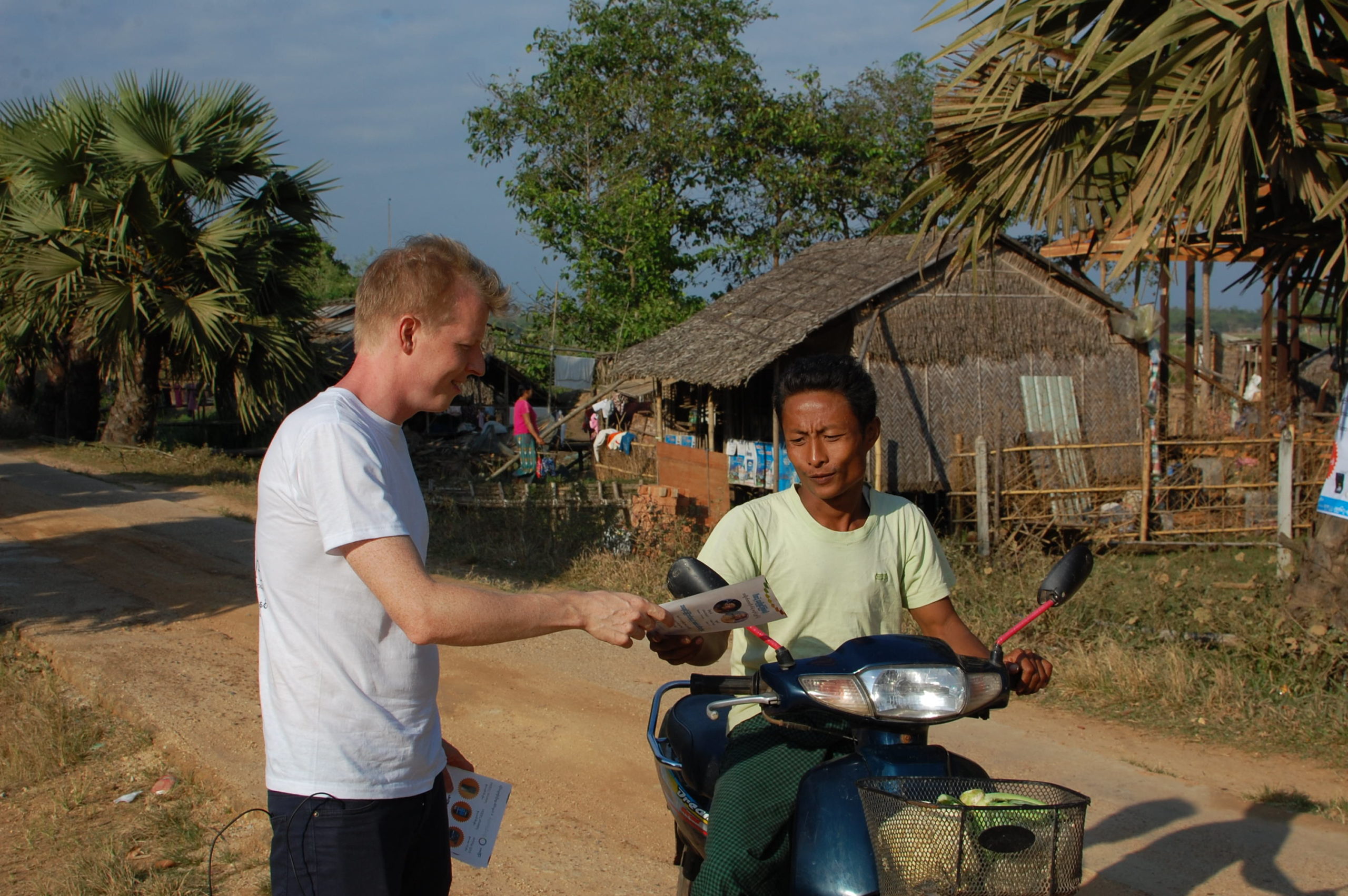
He recalls ordering containers of water for the Brigtherlite office once, and when the driver called to say he had arrived with the water downstairs, Martin asked him to bring it up to the office.
Apparently, this was rude, as it isn’t a driver’s job to bring the water up to the office. His job is to transport the water to the building, and then it’s someone else’s job to take over from there.
“It’s a common mistake that expats make,” Martin says.
Holding on to staff
Learning how to avoid people resigning is another challenge because people might not say if they are unhappy with something.
“Sometimes our rural sales staff at Brighterlite wouldn’t even quit. They just stopped showing up for work.”
In Myanmar not many people have experience working for international companies yet so those that do and are well-educated are in high demand. They can therefore easily find another job making it a challenge to hold on to skilled employees.
Sometimes people resign because they lose face, but other times it’s because they don’t feel challenged at work. Either way, Martin most likely won’t know about it, before it’s too late.
“I always had to be careful that people didn’t quit, when I was running my own company” he says.
Now, he has somewhat accustomed to the culture and is starting to understand people better.
Unsure if it’s a good comparison, he explains that Myanmar is like an onion to him.
“I keep discovering new layers,” he says about both the people, culture and the country itself.
“The more I see, the better I understand how the culture is rooted in the ideas of making merit, generousity to the community and respect for the hierarchy.”
But even though Martin feels at home in Myanmar and he has stayed longer than initially anticipated, he keeps an expiration date in the back of his mind. It just keeps getting pushed.
“I think about Denmark on a daily basis. I don’t know when I’ll return, but I know that I will.”

